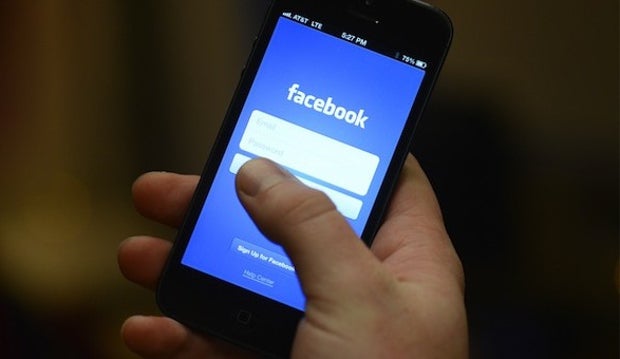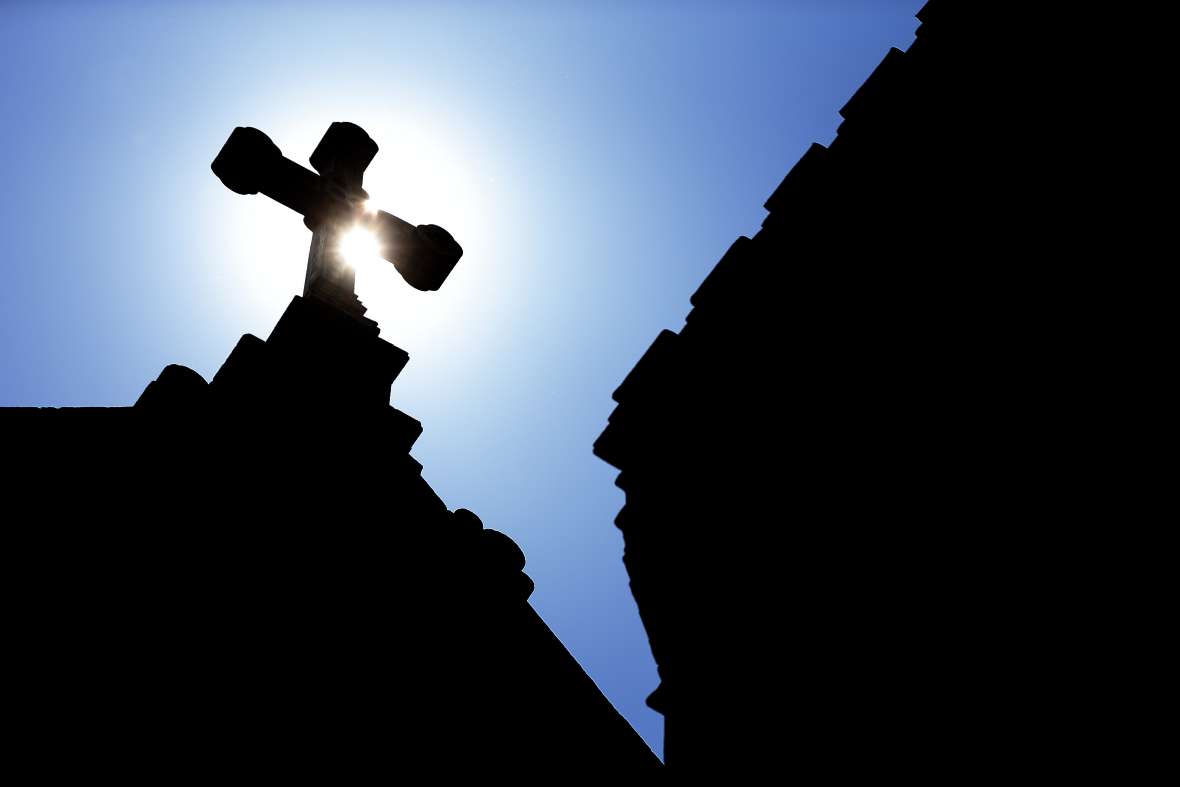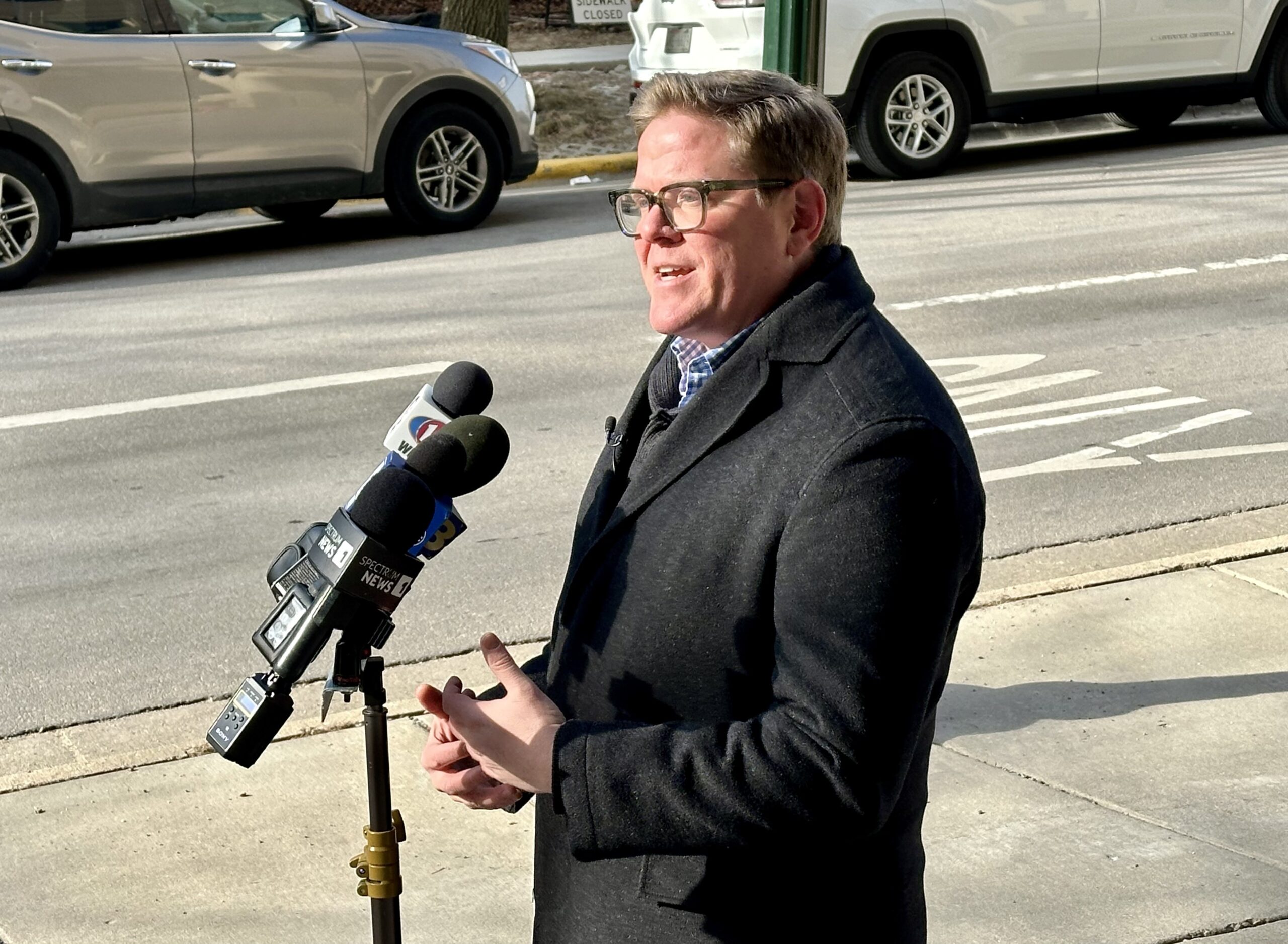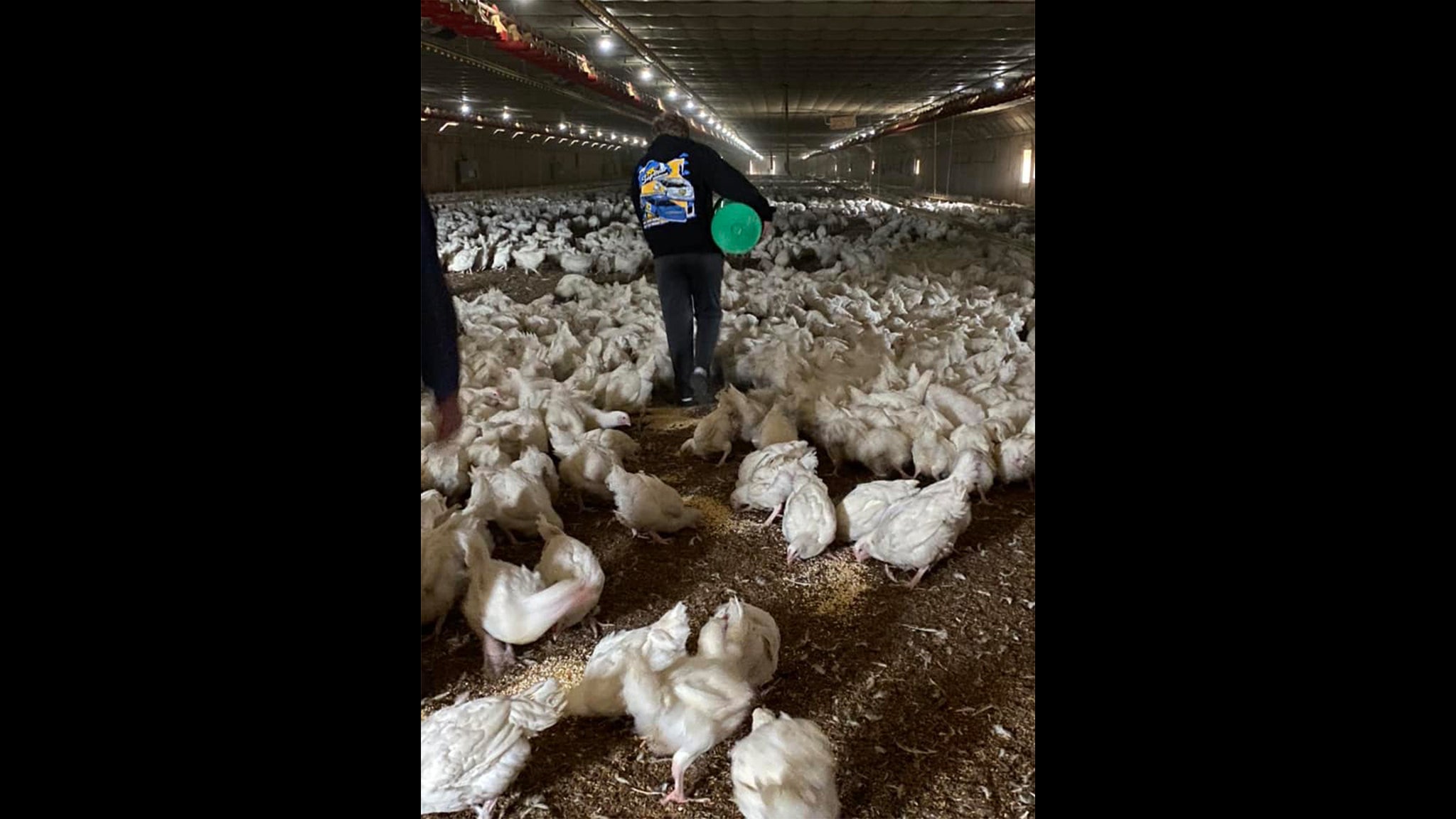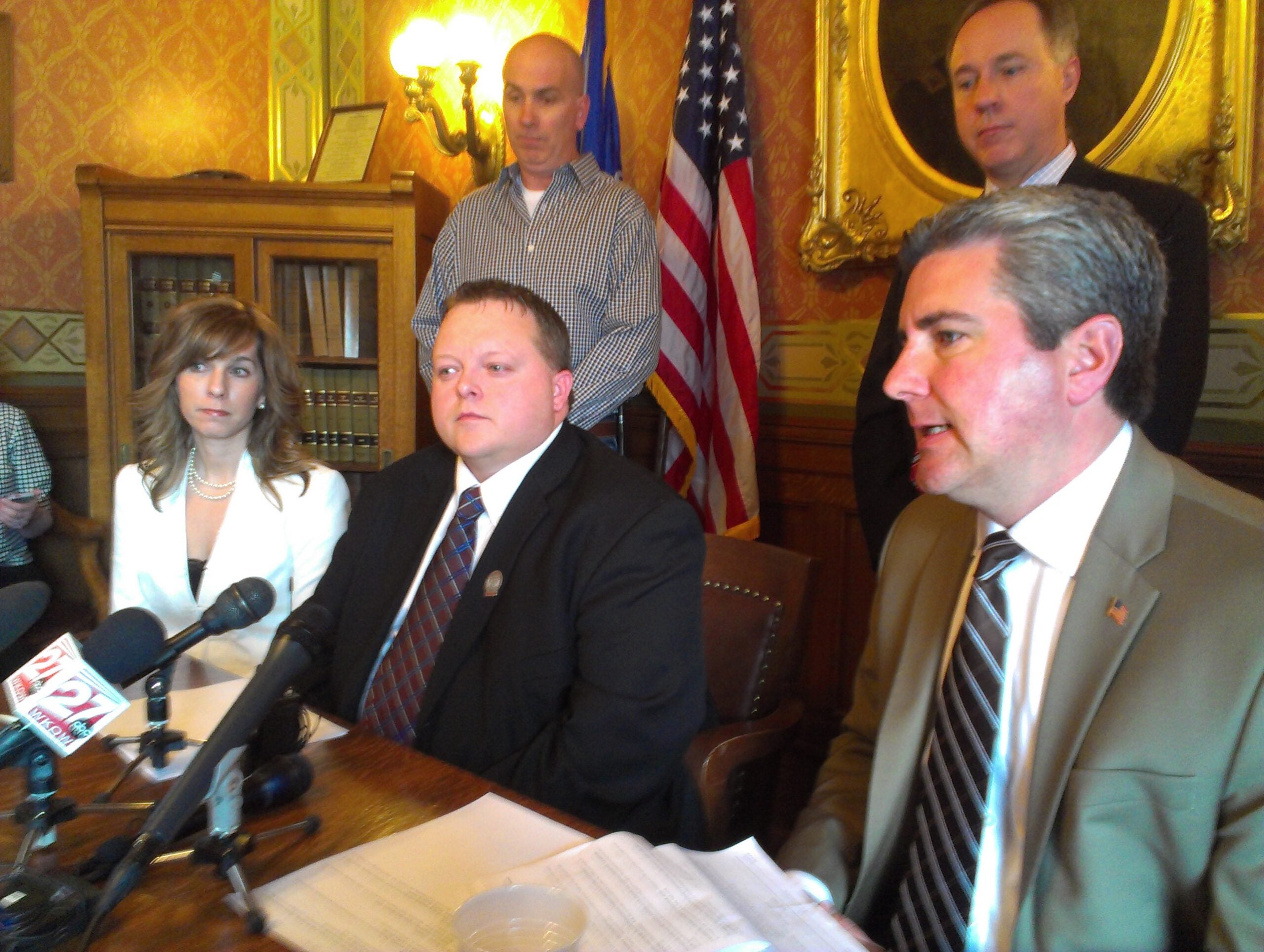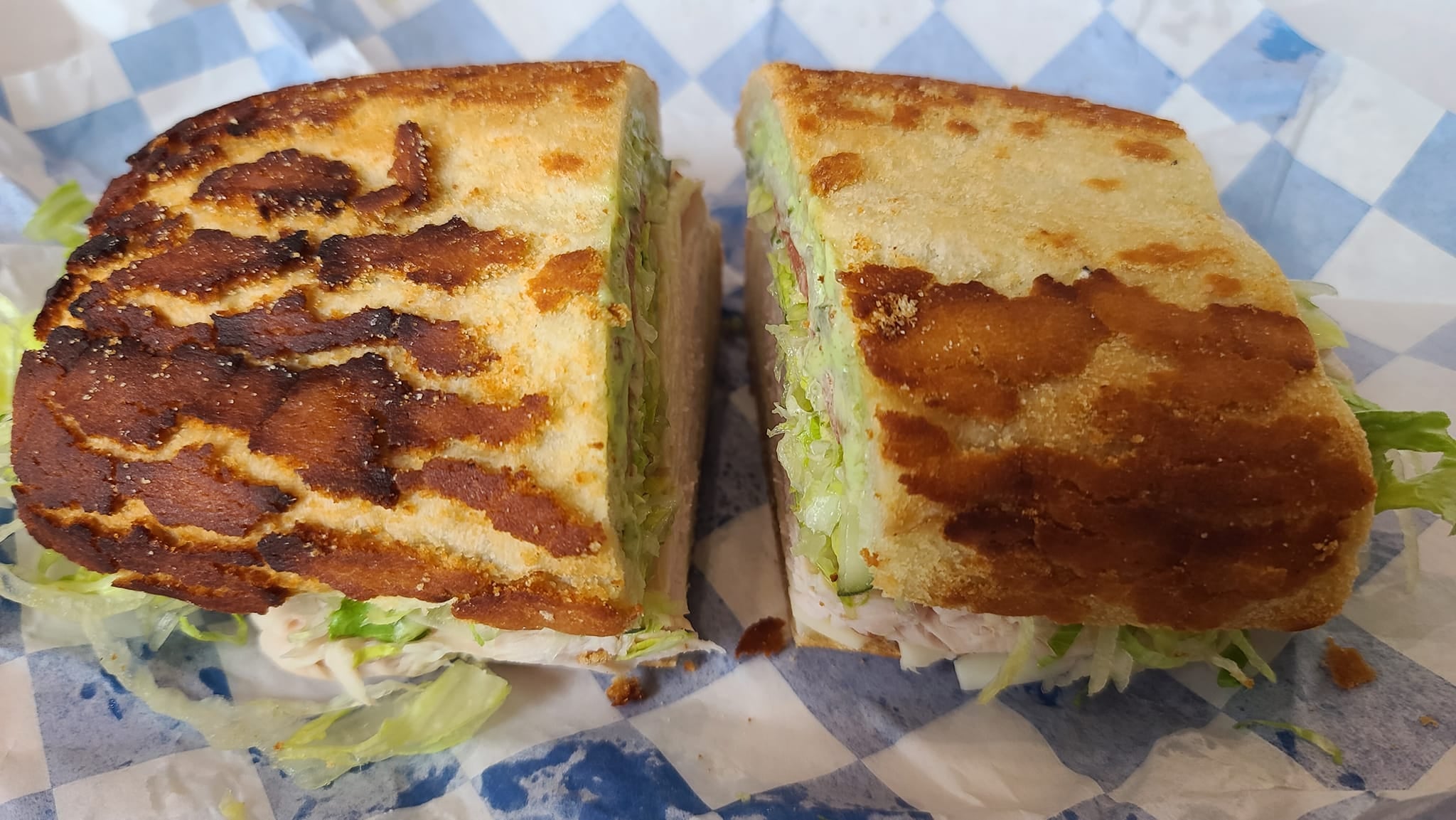Gov. Scott Walker and his opponent Mary Burke have used social media platforms like Facebook to share stories from the campaign trail, and from their personal lives, this election season. However, they’ve each used different strategies in how they use the tool.
Scott Walker’s Facebook page is updated several times a day. On Thursday, people who have “liked” the governor on Facebook got to see slightly blurry smartphone pictures of him in a hardhat, breaking ground for a new manufacturing facility in Sheboygan and chatting with workers at another manufacturing plant in Ashwaubenon.
Stay informed on the latest news
Sign up for WPR’s email newsletter.
Another post that got more than 2,000 likes touted Wisconsin’s manufacturing job creation numbers:
Mike Wagner, a professor of communications and political science at the University of Wisconsin-Madison, said that these kinds of posts exemplify the governor’s social media strategy: Show him on the road, meeting “regular folks.”
“I think he's showing himself to be an active governor who’s meeting with lots and lots of people who are working on small businesses and in manufacturing and are working in the areas where he knows he needs to show some success to have a good chance to win on Election Day,” said Wagner.
Walker has nearly 190,000 people following his Facebook page. Burke, on the other hand, only has about 60,000. Wagner said that could be because Burke’s staff just isn't spending as much time inviting supporters to engage on social media. It could also be that the governor has had four years in office to build up lots of followers.
“Or it could be that his supporters are just more committed, and like him more than Burke's supporters like her,” Wagner said. “These are all possibilities — which one it is for sure I don't think we can say definitively.”
Burke spends more time on social media asking for donations and volunteers than Walker. For example, a post on Monday asked for people to volunteer and “call family and friends” and get them to vote, saying that the campaign was entering a “two-minute drill.”
A post two weeks prior on Oct. 23 urged supporters to donate $5 and help “defeat Scott Walker once and for all.”
Kerric Harvey, editor of the Encyclopedia of Social Media and Politics, said that such posts are smart: Social media is a great place to seek out financial support.
“It reaches into pockets, in terms of campaign funding, that other forms of media just don't tap,” she said.
Harvey also said that Burke has an advantage on social media, simply by being a challenger.
“Social media, in some ways, are more of a challenger’s tool kit. They're great for underdogs,” said Harvey. “They still have that sense of, ‘We can overturn what's already in place.’”
She added that social media demands “a human touch.” It’s a place where candidates are expected to show their more “human” side.
That personal touch is one of the reasons Joe Waldman, a junior at UW-Madison, follows Burke. He said he likes that Burke’s page shows what she does in her free time, like jogging and spending time with her dogs.
“It gives people a better sense of who she is,” said Waldman.
Charlie Hoffman, who chairs the College Republicans at UW-Madison, said his favorite part of the governor’s social media presence is the short videos Walker posts.
“Because it's him talking to the camera, and it almost feels like, when you watch it, he's sitting in your living room telling you about all this stuff,” Hoffman said.
In 2010, staff at Facebook tracked the relationship between Facebook likes and election night victories for Congressional candidates. They found that for House candidates, 74 percent of politicians with more fans than their opponent won the race. That was true for 82 percent of Senate races.
It's uncertain whether Walker's larger social media presence will help his chances of victory on Tuesday. Regardless, expect a regular stream of tweets, posts, and Instagrams from both candidates right up until final election results come in.
Wisconsin Public Radio, © Copyright 2024, Board of Regents of the University of Wisconsin System and Wisconsin Educational Communications Board.
